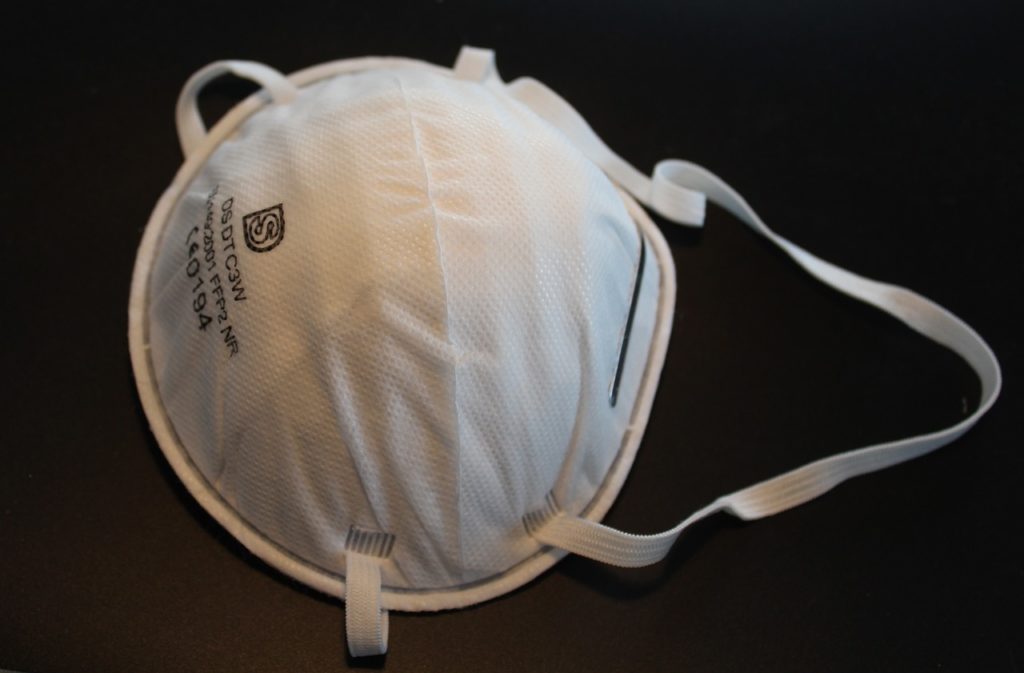 One of a wildfire’s greatest threats is its harmful impact on air quality. Even after the flames have been extinguished, air quality in the immediate and surrounding areas can remain unhealthy for some time. Fortunately, there are several steps you can take to protect yourself, your family and your home from fire-related air pollution.
One of a wildfire’s greatest threats is its harmful impact on air quality. Even after the flames have been extinguished, air quality in the immediate and surrounding areas can remain unhealthy for some time. Fortunately, there are several steps you can take to protect yourself, your family and your home from fire-related air pollution.
Get good air filters for your HVAC system (and replace them regularly)
For most homes, this is the first defense against bad air quality conditions. Rather than choose the cheapest air filter you can find, invest in a mid-grade filter with a rating of MERV 9. If you or a family member have extreme sensitivities, consider upgrading to a MERV 13 filter, which removes airborne particles down to the level of viruses and bacterium. Of course, air filters don’t last forever, so be sure to replace yours regularly. While replacement is recommended every three months under normal circumstances, you should change them more frequently when air quality is impacted by a fire incident.
Clean your air ducts
Even if you have a good air filter, the particles carried by wildfire smoke will linger in your ducts and compromise indoor air quality. It’s a good idea to have your air ducts cleaned by a professional—just be sure to hire a licensed HVAC company that uses industry-approved methods.
Purchase one or more HEPA air purifiers
Reputable HEPA air purifiers help improve indoor air quality by removing particulates like dust, smoke and pollen. Keep one or two in your home for days when the outdoor air quality is bad.
Install an air purification system
While substantially more expensive than other measures, adding a whole-house air purification system can be a game changer for combating unhealthy air quality conditions. One example is Air Scrubber Plus®, a NASA-developed technology that purifies the air using specialized germicidal UV light waves along with a proprietary catalytic process that creates enviro-scrubbing molecules of oxygen and hydrogen. Keep in mind that whole-house air purification systems typically need to be installed by a professional.
Monitor the air quality in your area
The EPA’s AirNow website allows you to enter your zip code to learn about local air quality conditions.
Keep smoke masks in your emergency kit
Make sure you choose masks with a particulate respirator. They should be labeled “N95” or “P100” and have two straps that go around your head. Be sure to stock enough for your entire family.
Stock medicines
If you or anyone in your family suffers from respiratory illness, make sure you have an emergency supply of any medications you may need. Those who rely on electrical oxygen concentrators should have a plan in place for fire-related power outages.
Utilize your HVAC system when air quality levels are poor
As long as you have a good filter, your heating and air conditioning system will literally “condition” the air inside your home by removing particulate matter. Remember, you’ll need to change your filter frequently for your system to be effective. You can also use your system’s “fan only” setting to circulate the indoor air without altering the temperature. Most modern thermostats allow you to program intermittent “fan only” cycles (for example, 10 minutes every hour).
Bust dust
Dust and ash may be unavoidable presences in the home, especially after a fire incident, but with proactive measures you can minimize their impact on indoor air quality. The big ones are frequent vacuuming and dusting. For maximum effectiveness, use dusting tools that capture dust (wet rags, Swiffer-type products) rather than move it around (feather dusters). You should also consider purchasing a vacuum equipped with a HEPA filter.
Get professional service
While independent measures can go a long way toward improving indoor air quality, don’t discount the value of professional service. An HVAC technician will make sure your heating and cooling systems are running cleanly and efficiently before, during, and after a fire incident.
Find more information on our California Wildfire Resource Page
